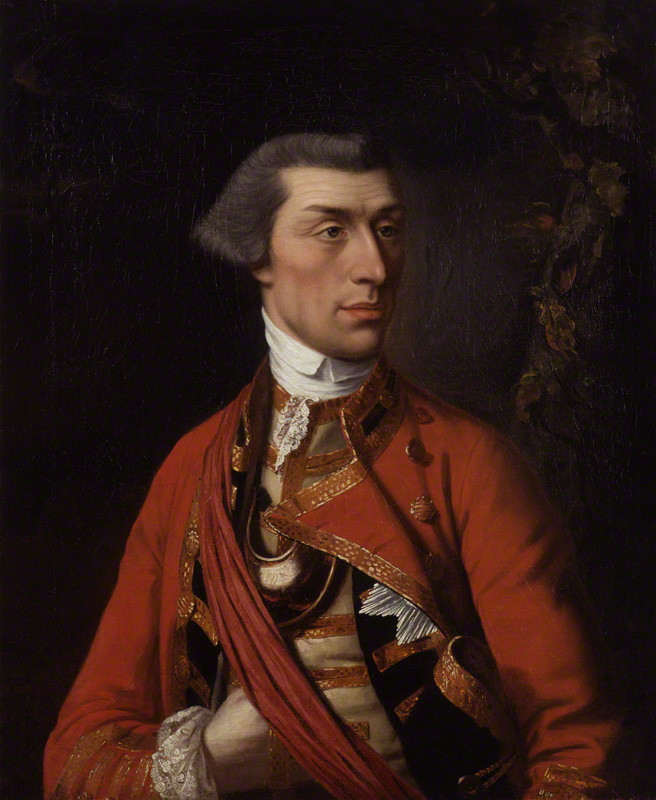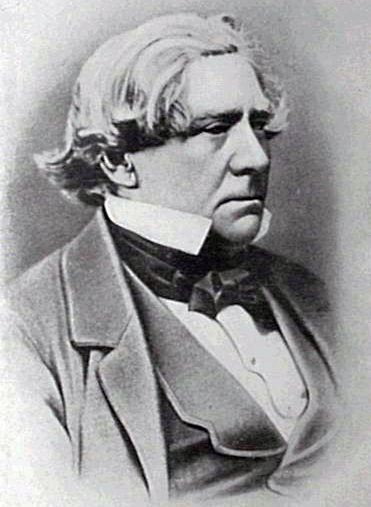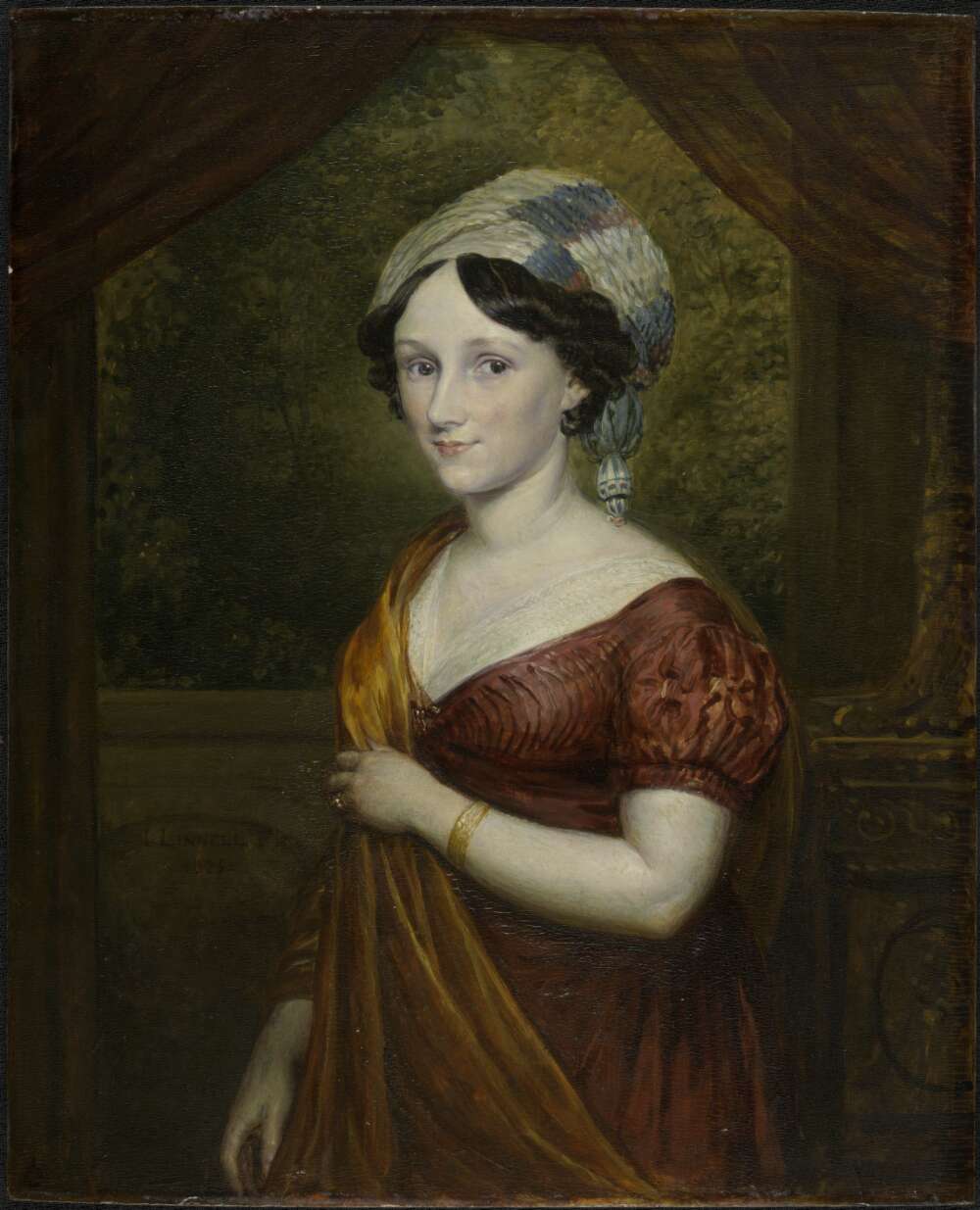|
Thomas Edward Wright
Captain Thomas Edward Wright, soldier and penal administrator, of the 39th Regiment was the third commandant of the second convict settlement at Norfolk Island, from August 1827 to 1828. He is reported, by Aaron Price, a convict turned Constable and Overseer, to have replaced the chain-gang's heavy irons with light irons, and encouraged the breaking of land for agriculture. In October 1827, while walking home from a farm unarmed, Wright was assaulted with a club by an absconded convict, Patrick Clynch, but was able to fend off the blow. Clynch made several more attacks in the following days on overseers and guards, and was eventually shot dead. Although the matter was investigated at the time, it flared up more than a year later, when Wright was accused of ordering Clynch to be shot although he knew he was already in custody. He was tried for murder but the prosecution case (led by W. C. Wentworth) collapsed as it had been, according to Governor Darling, "supported by the mos ... [...More Info...] [...Related Items...] OR: [Wikipedia] [Google] [Baidu] |
39th (Dorsetshire) Regiment Of Foot
The 39th (Dorsetshire) Regiment of Foot was an infantry regiment of the British Army, raised in 1702. Under the Childers Reforms it amalgamated with the 54th (West Norfolk) Regiment of Foot to form the Dorsetshire Regiment in 1881. History Early years The regiment was first raised by Adam Loftus, 1st Viscount Lisburne as Viscount Lisburne's Regiment of Foot in 1689 but was disbanded in 1697. It was re-raised in Ireland, without lineal connection to the previous regiment, by Colonel Richard Coote as Richard Coote's Regiment of Foot in August 1702. The regiment landed at Lisbon in June 1707 for service in the War of the Spanish Succession.Cannon, p. 3 It saw action at the Battle of La Gudina in May 1709Cannon, p. 5 and then remained in Portugal until 1713 when it embarked for Gibraltar and then moved to Menorca later in the year.Cannon, p. 8 It was posted to Ireland in 1719 and sailed to Gibraltar in 1726 to reinforce the garrison.Cannon, p. 9 The regiment sailed for Jamaica in 1 ... [...More Info...] [...Related Items...] OR: [Wikipedia] [Google] [Baidu] |
Convict Settlement
A penal colony or exile colony is a Human settlement, settlement used to exile prisoners and separate them from the general population by placing them in a remote location, often an island or distant colony, colonial territory. Although the term can be used to refer to a correctional facility located in a remote location, it is more commonly used to refer to communities of prisoners overseen by wardens or governors having absolute authority. Historically penal colonies have often been used for penal labour in an economically underdeveloped part of a state's (usually colonial) territories, and on a far larger scale than a prison farm. British Empire With the passage of the Transportation Act 1717, the British government initiated the penal transportation of Indentured servitude, indentured servants to British America, Britain's colonies in the Americas. British merchants would be in charge of transporting the convicts across the Atlantic, where in the colonies their indenture ... [...More Info...] [...Related Items...] OR: [Wikipedia] [Google] [Baidu] |
Norfolk Island
Norfolk Island (, ; Norfuk: ''Norf'k Ailen'') is an external territory of Australia located in the Pacific Ocean between New Zealand and New Caledonia, directly east of Australia's Evans Head and about from Lord Howe Island. Together with the neighbouring Phillip Island and Nepean Island, the three islands collectively form the Territory of Norfolk Island. At the 2021 census, it had inhabitants living on a total area of about . Its capital is Kingston. The first known settlers in Norfolk Island were East Polynesians but they had already departed when Great Britain settled it as part of its 1788 settlement of Australia. The island served as a convict penal settlement from 6 March 1788 until 5 May 1855, except for an 11-year hiatus between 15 February 1814 and 6 June 1825, when it lay abandoned. On 8 June 1856, permanent civilian residence on the island began when descendants of the ''Bounty'' mutineers were relocated from Pitcairn Island. In 1914 the UK handed Norfo ... [...More Info...] [...Related Items...] OR: [Wikipedia] [Google] [Baidu] |
Aaron Price
According to Abrahamic religions, Aaron ''′aharon'', ar, هارون, Hārūn, Greek (Septuagint): Ἀαρών; often called Aaron the priest ()., group="note" ( or ; ''’Ahărōn'') was a prophet, a high priest, and the elder brother of Moses. Knowledge of Aaron, along with his brother Moses, exclusively comes from religious texts, such as the Hebrew Bible, Bible and the Quran. The Hebrew Bible relates that, unlike Moses, who grew up in the Egyptian royal court, Aaron and his elder sister Miriam remained with their kinsmen in the eastern border-land of Egypt ( Goshen). When Moses first confronted the Egyptian king about the enslavement of the Israelites, Aaron served as his brother's spokesman ("prophet") to the Pharaoh (). Part of the Law given to Moses at Sinai granted Aaron the priesthood for himself and his male descendants, and he became the first High Priest of the Israelites. Aaron died before the Israelites crossed the Jordan river. According to the Book of Numb ... [...More Info...] [...Related Items...] OR: [Wikipedia] [Google] [Baidu] |
Convict
A convict is "a person found guilty of a crime and sentenced by a court" or "a person serving a sentence in prison". Convicts are often also known as "prisoners" or "inmates" or by the slang term "con", while a common label for former convicts, especially those recently released from prison, is "ex-con" ("ex-convict"). Persons convicted and sentenced to non-custodial sentences tend not to be described as "convicts". The label of "ex-convict" usually has lifelong implications, such as social stigma or reduced opportunities for employment. The federal government of Australia, for instance, will not, in general, employ an ex-convict, while some state and territory governments may limit the time for or before which a former convict may be employed. Historical usage The particular use of the term "convict" in the English-speaking world was to describe the huge numbers of criminals, both male and female, who clogged British gaol A prison, also known as a jail, gaol (date ... [...More Info...] [...Related Items...] OR: [Wikipedia] [Google] [Baidu] |
Chain-gang
A chain gang or road gang is a group of prisoners chained together to perform menial or physically challenging work as a form of punishment. Such punishment might include repairing buildings, building roads, or clearing land. The system was notably used in the convict era of Australia and in the Southern United States. By 1955 it had largely been phased out in the U.S., with Georgia among the last states to abandon the practice. North Carolina continued to use chain gangs into the 1970s. Chain gangs were reintroduced by a few states during the "get tough on crime" 1990s: in 1995 Alabama was the first state to revive them. The experiment ended after about one year in all states except Arizona, where in Maricopa County inmates can still volunteer for a chain gang to earn credit toward a high school diploma or avoid disciplinary lockdowns for rule infractions. Synonyms and disambiguation A single ankle shackle with a short length of chain attached to a heavy ball is know ... [...More Info...] [...Related Items...] OR: [Wikipedia] [Google] [Baidu] |
William Wentworth
William Charles Wentworth (August 179020 March 1872) was an Australian pastoralist, explorer, newspaper editor, lawyer, politician and author, who became one of the wealthiest and most powerful figures of early colonial New South Wales. Through his newspaper ''The Australian'', and as a founder of the Australian Patriotic Association, Wentworth was among the first colonists to promote a nascent form of Australian nationalism. He was also the leading advocate for a political system of self-government in the Australian colonies that was controlled by affluent land-owning squatters, derided by his critics as the "bunyip aristocracy". Birth William Charles Wentworth was born on the vessel HMS ''Surprize'' off the coast of the penal settlement of Norfolk Island in August 1790 to D'Arcy Wentworth and Catherine Crowley. Catherine was a convict while his father, D'Arcy, was a member of the aristocratic Anglo-Irish Wentworth family, who had avoided prosecution for highway robbery by ac ... [...More Info...] [...Related Items...] OR: [Wikipedia] [Google] [Baidu] |
Ralph Darling
General Sir Ralph Darling, GCH (1772 – 2 April 1858) was a British Army officer who served as Governor of New South Wales from 1825 to 1831. He is popularly described as a tyrant, accused of torturing prisoners and banning theatrical entertainment. Local geographical features named after him include the Darling River and Darling Harbour in Sydney. Early career Darling seems to have been unique in the British Army of this period, as he progressed from an enlisted man to become a general officer with a knighthood. Born in Ireland, he was the son of a sergeant in the 45th Regiment of Foot who subsequently gained the unusual reward of promotion to officer rank as a lieutenant. Like most of the small number of former non-commissioned officers in this position, Lieutenant Darling performed only regimental administrative duties. He struggled to support his large family on a subaltern's pay. Ralph Darling enlisted at the age of fourteen as a private in his father's regiment, and ser ... [...More Info...] [...Related Items...] OR: [Wikipedia] [Google] [Baidu] |
Margaret Hazzard
Margaret Hazzard (Ivy Margaret Hazzard) 1910 – 19 January 1987 was an Australian author born in Hertfordshire, England. Hazzard immigrated to Melbourne, Australia in 1960 and established a career as a freelance writer, publishing in The Sydney Morning Herald and the Australian Women's Weekly. She also worked as a teacher, taking short courses in writing fiction and biography at the Centre of Adult Education (CAE) in Melbourne. In 1970 Hazzard founded the Victorian Branch of the Society of Women Writers and was elected chair from 1970 to 1974. The Society established the biennial Margaret Hazzard Award in 1980 in recognition of her contribution. Hazzard moved to Norfolk Island in 1974 where she began her "most prolific writing period". Hazzard died in 1987 and is buried at Mount Macedon, Victoria Mount Macedon is a town north-west of Melbourne in the Australian state of Victoria. The town is located below the mountain of the same name, which rises to AHD. At the 2 ... [...More Info...] [...Related Items...] OR: [Wikipedia] [Google] [Baidu] |
State Library Of Queensland
The State Library of Queensland is the main reference and research library provided to the people of the State of Queensland, Australia, by the state government. Its legislative basis is provided by the Queensland Libraries Act 1988. It contains a significant portion of Queensland's documentary heritage, major reference and research collections, and is an advocate of and partner with public libraries across Queensland. The library is at Kurilpa Point, within the Queensland Cultural Centre on the Brisbane River at South Bank. History The Brisbane Public Library was established by the government of the Colony of Queensland in 1896, and was renamed the Public Library of Queensland in 1898. The library was opened to the public in 1902. In 1934, the Oxley Memorial Library (now the John Oxley Library), named for the explorer John Oxley, opened as a centre for research and study relating specifically to Queensland. The Libraries Act of 1943 established the Library Board of Queen ... [...More Info...] [...Related Items...] OR: [Wikipedia] [Google] [Baidu] |
Colonial Secretary Of New South Wales
Colonial or The Colonial may refer to: * Colonial, of, relating to, or characteristic of a colony or colony (biology) Architecture * American colonial architecture * French Colonial * Spanish Colonial architecture Automobiles * Colonial (1920 automobile), the first American automobile with four-wheel brakes * Colonial (Shaw automobile), a rebranded Shaw sold from 1921 until 1922 * Colonial (1921 automobile), a car from Boston which was sold from 1921 until 1922 Places * The Colonial (Indianapolis, Indiana) * The Colonial (Mansfield, Ohio), a National Register of Historic Places listing in Richland County, Ohio * Ciudad Colonial (Santo Domingo), a historic central neighborhood of Santo Domingo * Colonial Country Club (Memphis), a golf course in Tennessee * Colonial Country Club (Fort Worth), a golf course in Texas ** Fort Worth Invitational or The Colonial, a PGA golf tournament Trains * ''Colonial'' (PRR train), a Pennsylvania Railroad run between Washington, DC and New Yor ... [...More Info...] [...Related Items...] OR: [Wikipedia] [Google] [Baidu] |






